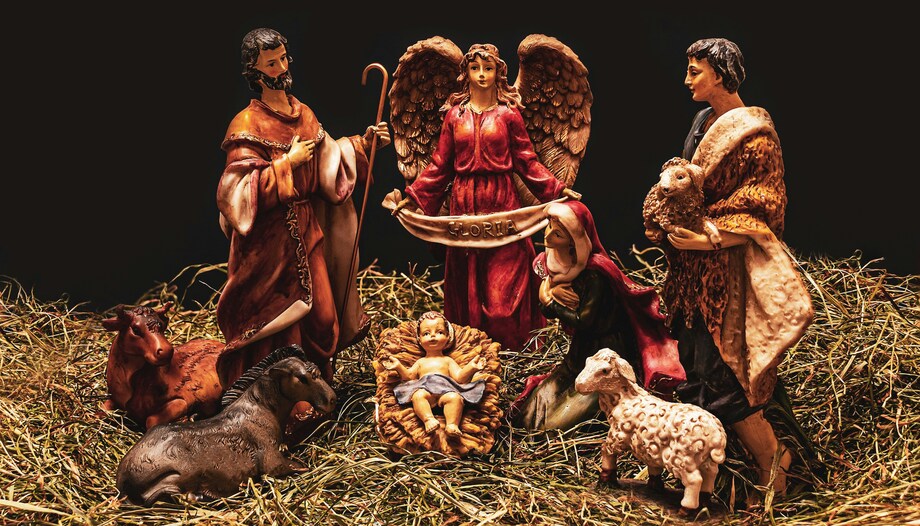During the liturgical season of Advent, three biblical figures stand out in a special way: the prophet IsaiahJohn the Baptist and Mary of Nazareth. In this reflection, we will focus on the figure of Isaiah. Since ancient times, a universal tradition has reserved many of the first readings of this time for his words. This is perhaps because, in him, the great messianic hope resounds with a unique force, offering a perennial proclamation of salvation for humanity of all times.
As we contemplate the readings for this year's Advent season (cycle C), we will notice the abundant presence of Isaiah. Although it may seem ambitious, I propose to select, for each week of Advent, one of the texts offered to us, together with a key verse. In this way, I hope to capture the essence of the Advent message and facilitate a spiritual journey that brings us closer to its heart.
Third week of Advent
In this third week of Advent, we find two key readings from Isaiah:
- Sunday (Psalm): Isaiah 12:2-6 - Thanksgiving for the salvation God offers.
- Friday: Isaiah 7, 10-14 - Announcement of the birth of Emmanuel, "God with us".
Prophecy and key verse (3rd week)
Of the two texts from Isaiah that are read in the third week of Advent, Isaiah 7:10-14 stands out for its special relevance. This passage contains one of the most significant messianic prophecies of the Old Testament, anticipating the coming of Emmanuel: "For the Lord, on his own account, will give you a sign. Behold, the virgin is with child and bears a son, and he will call his name Emmanuel" (Is 7:14).
Reasons for the choice of prophecy and verse.
- Messianic prophecy of the virgin birth. This passage contains one of the most important messianic prophecies of the Old Testament. The promise of a child born of a virgin, called "Immanuel" ("God with us"), points directly to the birth of Jesus Christ. This fulfillment is reflected in the New Testamentwhere Matthew 1:22-23 quotes this verse to show that the virgin birth of Jesus is the fulfillment of Isaiah's prophecy.
- Fulfillment in Jesus. The prophecy of the virgin birth in Isaiah 7:14 is fulfilled in the Incarnation of Jesus. Matthew 1:22-23 explicitly quotes this verse to show that the birth of Jesus of the Virgin Mary is the fulfillment of this ancient prophecy. The virgin birth is important to highlight the divine nature of Christ.
- Emmanuel, God-with-us. The promise of Emmanuel, "God with us," signaled that God himself would come to dwell with his people. In Jesus, God not only acts from on high, but makes himself present in the midst of humanity in order to redeem it. This truth resonates deeply in Advent, which is a time of preparation for the celebration of the birth of Christ, Emmanuel.
- Need for preparation. The prophecy also stresses the need for spiritual preparation for the coming of the Lord.
In summary, Isaiah 7:14 is central because it prophesies the mystery of the Incarnation, the crucial event of Advent. The sign of the Virgin and the birth of a child who will bring the presence of God are essential to the message of salvation that Christmas celebrates. In Jesus Christ, through his virgin birth and his identity as Emmanuel, God with us, Isaiah's prophecy is fulfilled, bringing to humanity the supreme gift of divine closeness and redemption.
Doctor of Canon Law








